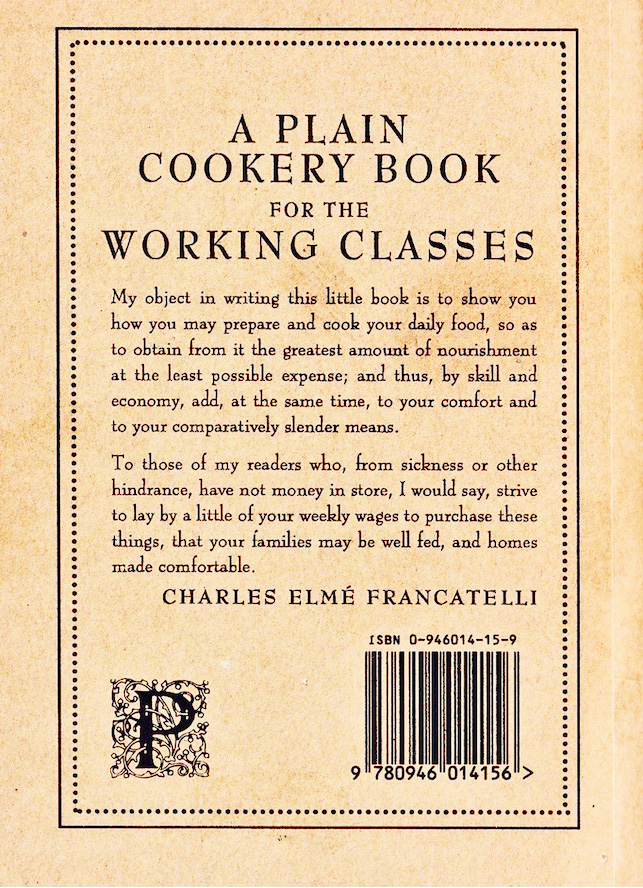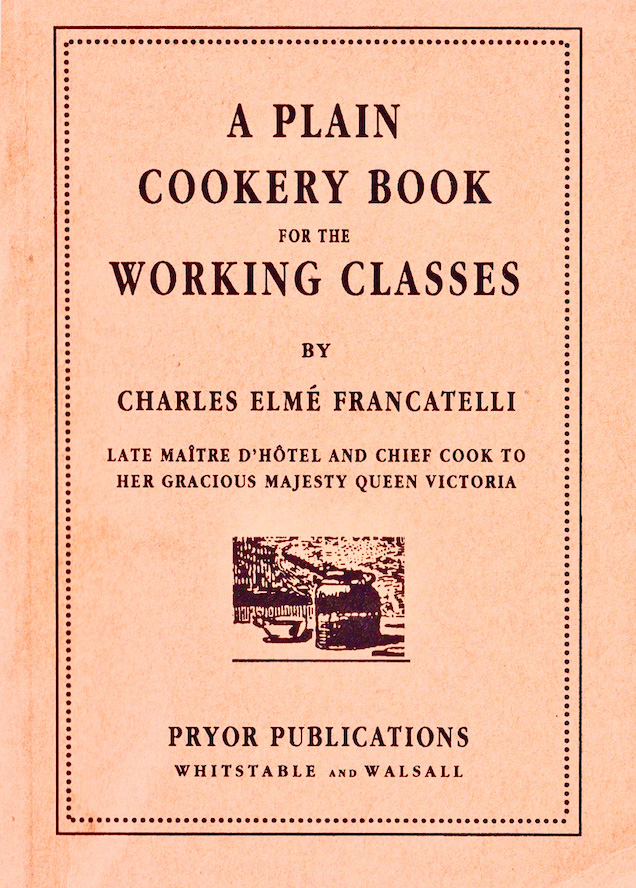I’ve sung this song but I’ll sing it again, about George Meany, President of the AFL-CIO, accepting Richard Nixon’s invitation to a party at the White House instead of leading a march of union members. It was 1970. Recognition of “Red China” was in the works, and the outsourcing of manufacturing jobs would soon follow.
Labor Day is here again
the parade is off, in case you wondered
Union brother, this year we’re struttin’
down at number sixteen hundred
To Guy Lombardo’s songs of struggle
Dinah Shore’s proud ballads of toil
for the boys in the mines and the girls on the lines
and the horny-handed sons of the soil
William Haywood vowed this day would come
ain’t it a shame Big Bill ain’t alive?
to see Richard Nixon drinkin and mixin’
With Tony Giordano from Local Five
And Rockefeller tango, ain’t he graceful?
Her old man’s in the building trades
Look, there’s Senators, there’s J. Edgar Hoover!
Him and Bill could talk over all them old raids
Labor Day is here again
Mother Earth strains, gnashing her teeth
When’s that New World baby due, baby?
Wish I could tell you more than just “Breathe…”
US Communists were delusional about Stalin and the Soviet Union, but their contributions to the labor movement – as union members and leaders – were essential. In 1946, 4.3 million US workers had gone out on strike: auto workers, electrical workers, meatpackers, steel workers, coal miners, railroad engineers… The bosses’ response was the Taft-Hartley Act, passed by Congress in ‘47. It banned every form of solidarity working people had engaged in.
“Among the practices prohibited,” says Wikipedia, were “jurisdictional strikes, wildcat strikes, solidarity or political strikes, secondary boycotts, secondary and mass picketing, closed shops, and monetary donations by unions to federal political campaigns. The amendments also allowed states to enact right-to-work laws banning union shops. Enacted during the early stages of the Cold War, the law required union officers to sign non-communist affidavits.”



Be First to Comment